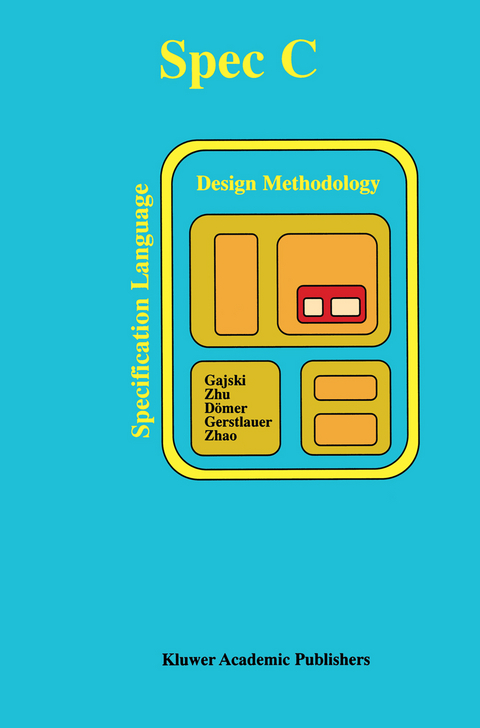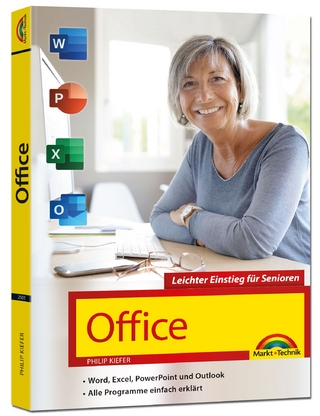
SPECC: Specification Language and Methodology
Springer (Verlag)
978-0-7923-7822-8 (ISBN)
It is commonly agreed that the solutions for achieving such a leap in design productivity lie in a shift of the focus of the design process to higher levels of abstraction on the one hand and in the massive reuse of predesigned, complex system components (intellectual property, IP) on the other hand. In order to be successful, both concepts eventually require the adoption of new languages and methodologies for system design, backed-up by the availability of a corresponding set of system-level design automation tools.
This book presents the SpecC system-level design language (SLDL) and the corresponding SpecC design methodology.
The SpecC language is intended for specification and design of SOCs or embedded systems including software and hardware, whether using fixed platforms, integrating systems from different IPs, or synthesizing the system blocks from programming or hardware description languages. SpecC Specification Language and Methodology describes the SpecC methodology that leads designers from an executable specification to an RTL implementation through a well-defined sequence of steps. Each model is described and guidelines are given for generating these models from executable specifications. Finally, the SpecC methodology is demonstrated on an industrial-size example. The design community is now entering the system level of abstraction era and SpecC is the enabling element to achieve a paradigm shift in design culture needed for system/product design and manufacturing.
SpecC Specification Language and Methodology will be of interest to researchers, designers, and managers dealing with system-level design, design flows and methodologies as well as students learning system specification, modeling and design.
1. Introduction.- 1.1 System Level Design Challenge.- 1.2 Related Work.- 1.3 SpecC Goals.- 1.4 Summary.- 2. Essential Issues In System Level Design.- 2.1 Models.- 2.2 Architectures.- 2.3 Languages.- 2.4 Methodology.- 2.5 Summary.- 3. The Specc Language.- 3.1 Design Considerations for System Level Design Language.- 3.2 Traditional Languages.- 3.3 The SpecC language.- 3.4 Reuse and IP.- 3.5 Reference Implementation.- 3.6 Summary.- 4. The Specc Methodology.- 4.1 Overview.- 4.2 Specification.- 4.3 Summary.- 5. System Level Design With Specc.- 5.1 GSM Enhanced Full Rate Vocoder.- 5.2 Specification.- 5.3 Architecture Exploration.- 5.4 Communication Synthesis.- 5.5 Backend.- 5.6 Summary.- 6. Conclusions.- Appendices.- A— The SpecC Language Reference Manual.- A.1 Syntax and Semantics.- A.2 Summary.- B— Vocoder Description.- B.1 C Reference Implementation Block Diagrams.- B.2 Vocoder Specification.- B.3 Specification Model.- B.4 Architecture Model.- B.5 Communication Model.- B.6 Implementation Model.
| Zusatzinfo | XVII, 313 p. |
|---|---|
| Verlagsort | Dordrecht |
| Sprache | englisch |
| Maße | 155 x 235 mm |
| Themenwelt | Mathematik / Informatik ► Informatik |
| Technik ► Elektrotechnik / Energietechnik | |
| ISBN-10 | 0-7923-7822-9 / 0792378229 |
| ISBN-13 | 978-0-7923-7822-8 / 9780792378228 |
| Zustand | Neuware |
| Haben Sie eine Frage zum Produkt? |
aus dem Bereich


